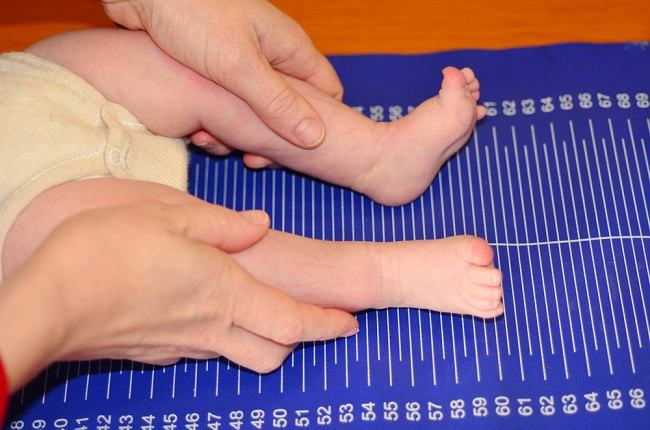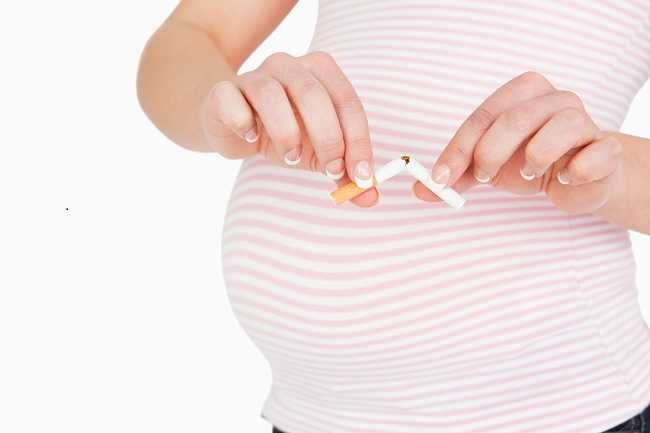Smelly baby farts are generally caused by the type of food they eat. Even though it's normal, but sometimes fart this smell is a sign of another possible disorder. Pay attention to when you need to check your little one if his fart smells.
Farts are gas produced by the normal bacteria present in the baby's intestines, as well as bile secreted by the liver. Babies can pass gas at least 13-21 times a day because they are also more likely to swallow air. Babies can accidentally swallow gas while crying, feeding, drinking from a bottle, or sucking on a pacifier. Gas trapped in the stomach will be released in the form of farts and can also be through belching.

In the early four months, babies are prone to colic, which is characterized by crying for more than 3 hours for more than 3 days a week, and lasts for more than 3 weeks. In this condition, the baby will swallow more air because he cries a lot, which then makes him fart more often.
Smelly Baby Fart
The smell of a baby's fart is the most important marker of how long a baby's stool has been in his bowels. Smelly baby farts indicate that bacteria have been growing in the stool for a long time. On the other hand, smelly baby farts can also be a sign that the baby has a food allergy or intolerance that causes the fart smell to be very sour or foul.
At birth, baby farts smell more often experienced by babies who consume formula milk. While the farts in babies who consume breast milk are usually odorless. But in general, smelly baby farts will occur more often when the baby is 6 months old and over, after eating solid foods. Especially after it's time to eat a variety of foods that contain protein.
You can consult a doctor if you feel that your baby's fart has a very strong and worrying smell. This is because in some rare cases, smelly baby farts can be a sign of serious digestive disorders. Immediately consult a doctor if your baby's fart smells accompanied by other symptoms such as:
- High fever.
- Fussy.
- Not defecating.
- Poop mixed with blood.
- Throw up.
- Bloated.
- Visible pain when farting or defecating.
- Looks arched his back or often squirm because of discomfort.
- The appearance of mucus can be a sign of a food intolerance or infection.
- Changes in the color of your baby's stool, especially after eating a new food. Black stools may indicate blood from the small intestine or stomach. White stools are a sign that your baby is not producing enough bile. While the red color of the stool can indicate the presence of blood from the colon or rectum.
- Changes in the density of the baby's stool, whether it becomes harder or liquid.
But keep in mind that smelly baby farts are not always a sign of a health problem. Parents should not panic too much and monitor the little one first. If your baby seems calm and doesn't show any symptoms, it's possible that smelly baby farts are normal. However, if there are symptoms that accompany a smelly baby fart, you should immediately consult a doctor.









